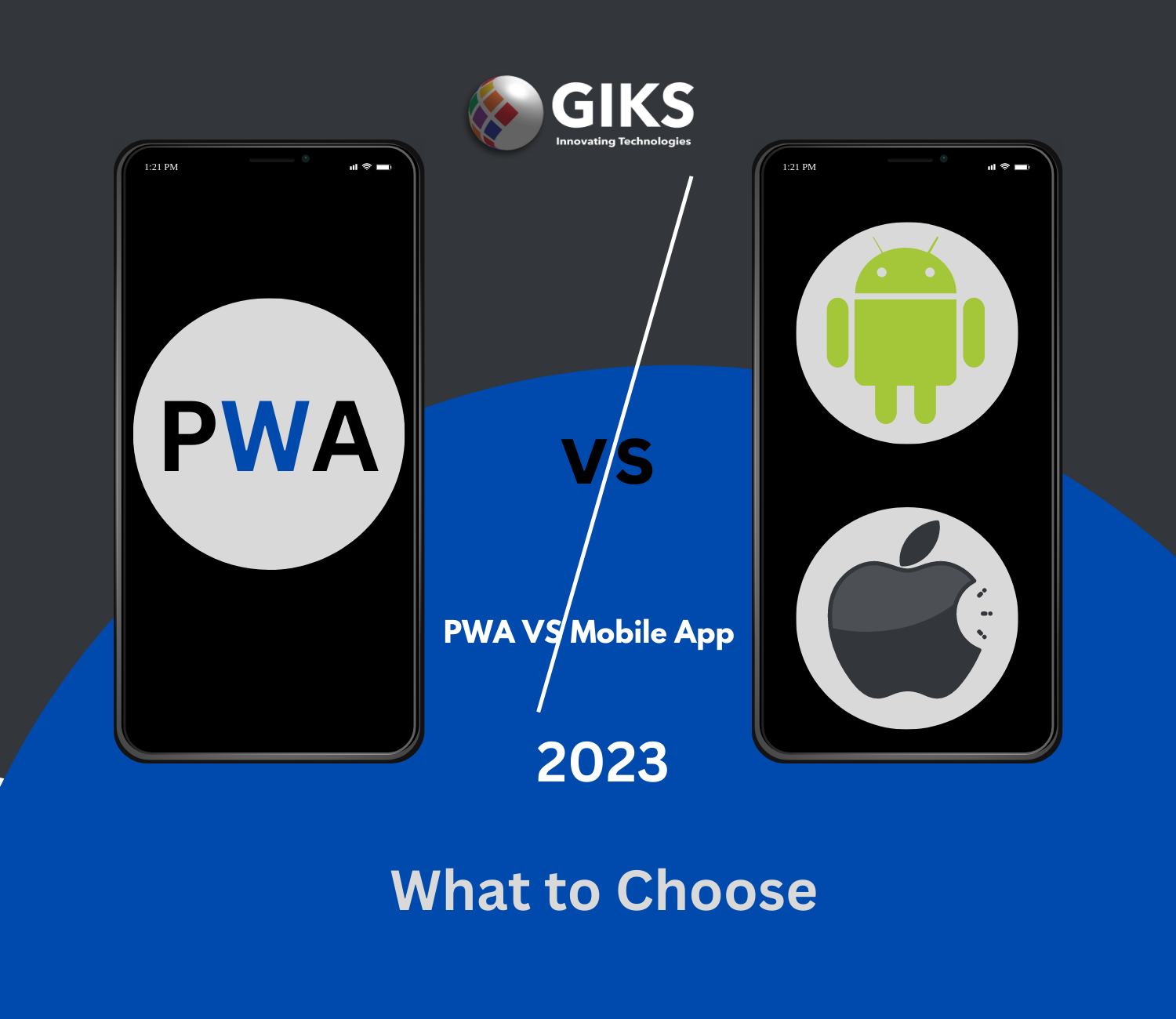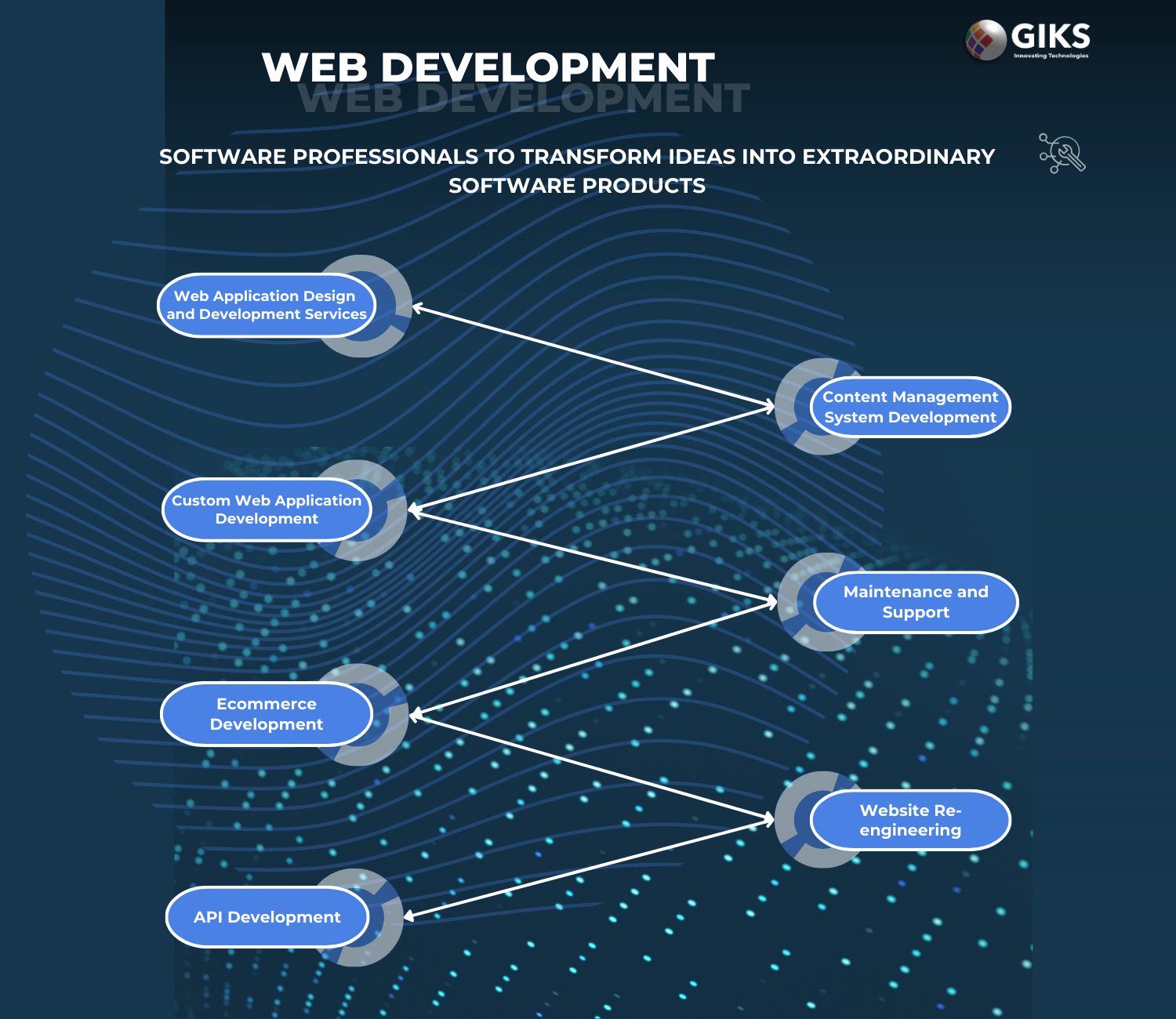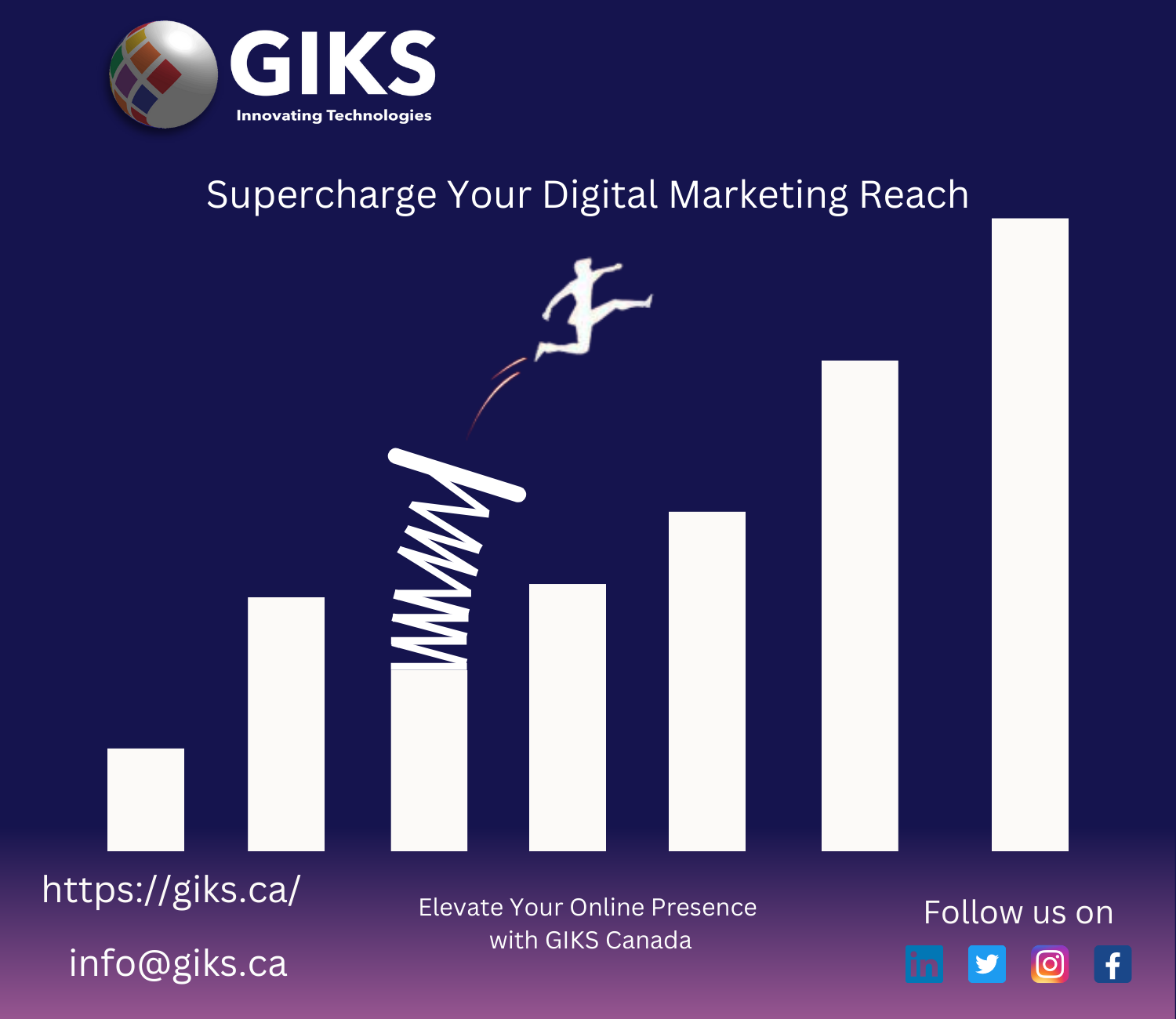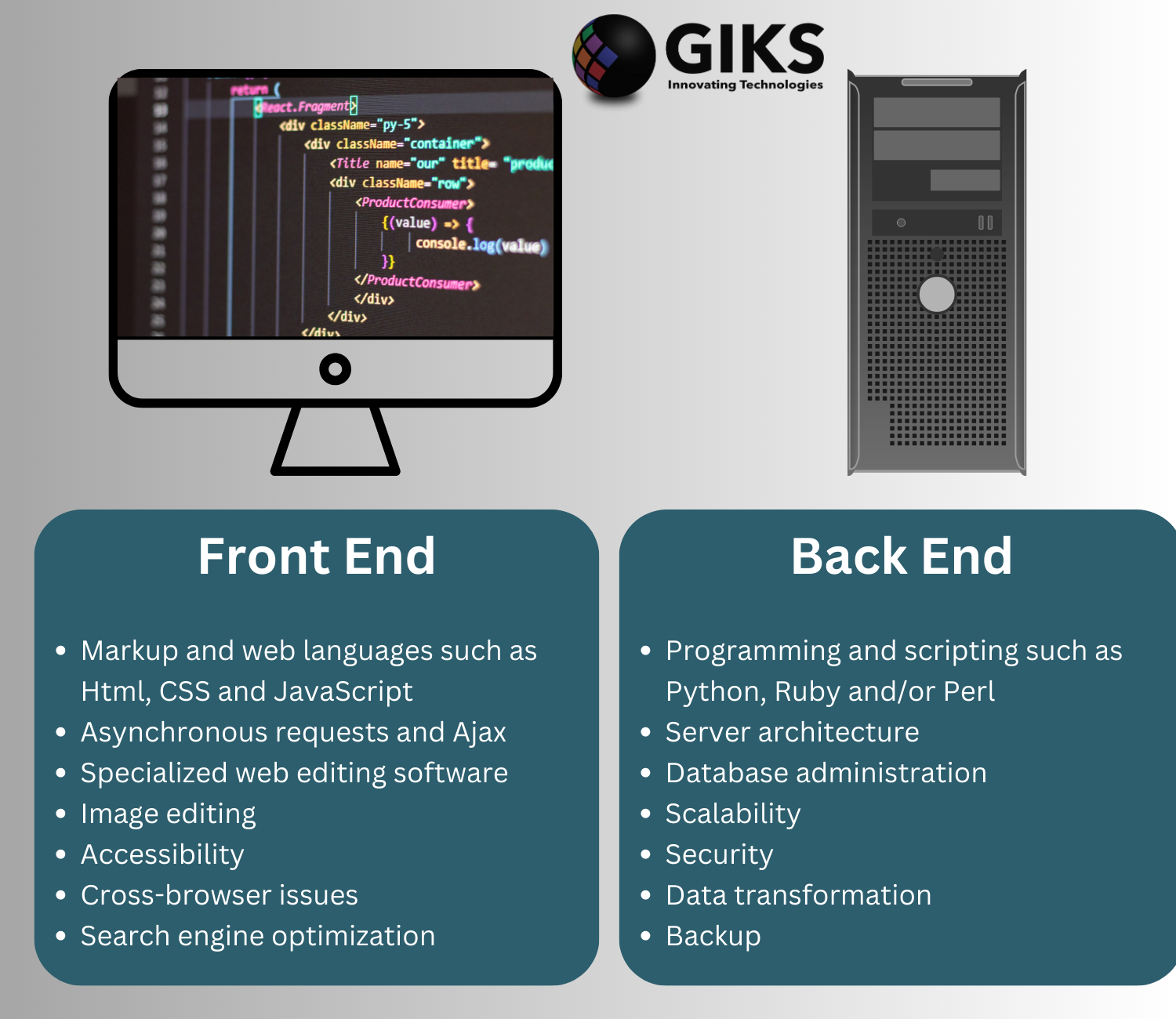Introduction:
In the realm of technological advancement, Artificial Intelligence (AI) stands as a transformative force with far-reaching implications. As AI continues to evolve and integrate into various industries, its impact on the workforce is undeniable. This article delves into the profound influence of Artificial Intelligence on the modern workforce, exploring both the opportunities and challenges it presents.
Enhancing Efficiency and Productivity
Artificial Intelligence is revolutionizing repetitive tasks and processes across industries. Automation, powered by AI, is streamlining operations and boosting efficiency. Mundane tasks that once consumed valuable time can now be executed swiftly and accurately by AI-driven systems, allowing human workers to focus on more strategic and creative aspects of their roles.

Creating New Job Roles
While AI is automating routine tasks, it is simultaneously creating new job roles. As AI technologies advance, there's a growing need for experts to design, develop, and maintain AI systems. Roles such as AI engineers, data scientists, and machine learning specialists are becoming essential in leveraging AI's capabilities effectively.
Skill Evolution and Reskilling
The influence of AI is compelling workers to evolve their skill sets. Employees are finding it necessary to acquire digital literacy and adapt to AI-driven tools. Employers, on the other hand, are investing in reskilling and upskilling initiatives to ensure their workforce remains relevant in the age of AI.
Data-Driven Decision Making
AI's ability to analyze vast amounts of data in real-time is empowering organizations to make data-driven decisions. Businesses are relying on AI-generated insights to predict trends, identify opportunities, and enhance their competitive edge. This shift towards data-driven decision-making requires workers who can interpret AI-generated insights and act upon them strategically.
Addressing Ethical Considerations
As AI becomes more integrated into workplaces, ethical concerns arise. Ensuring unbiased AI decision-making, protecting data privacy, and addressing potential job displacement due to automation are important considerations that require careful planning and regulatory measures.
Collaboration Between Humans and AI
The future of work revolves around collaboration between humans and AI systems. AI can handle routine tasks, while humans contribute their emotional intelligence, creativity, critical thinking, and problem-solving skills. This partnership between human and machine leads to improved productivity and innovative outcomes.
Conclusion:
The influence of Artificial Intelligence on the workforce is undeniable, shaping the way we work and interact with technology. As AI continues to evolve, businesses and employees alike must adapt to embrace the opportunities it brings. By understanding the changing landscape, fostering skill evolution, and fostering a collaborative approach, organizations can harness the power of AI to enhance productivity, creativity, and overall job satisfaction. Embracing this paradigm shift will undoubtedly lead to a workforce that is prepared to thrive in an AI-driven world.




